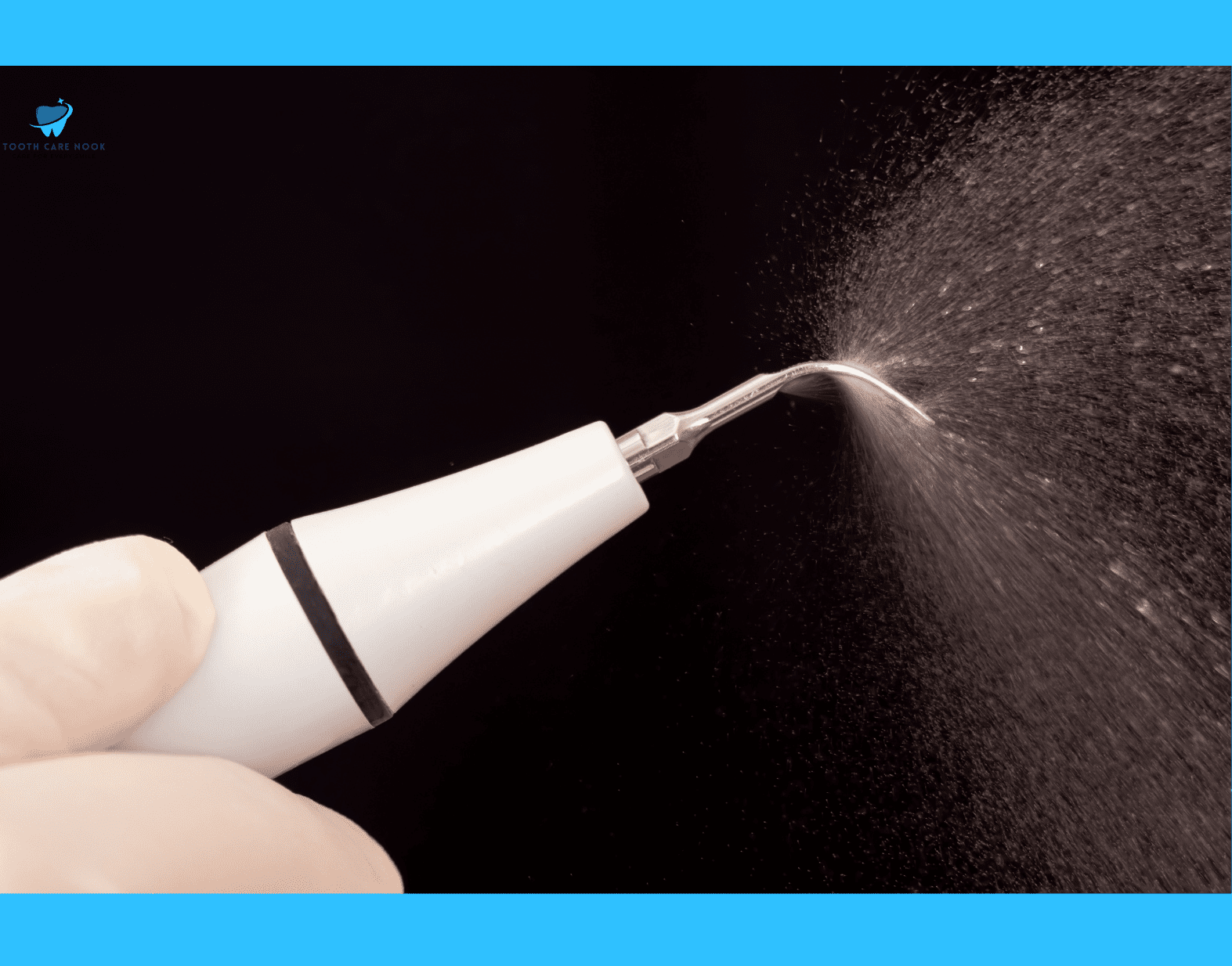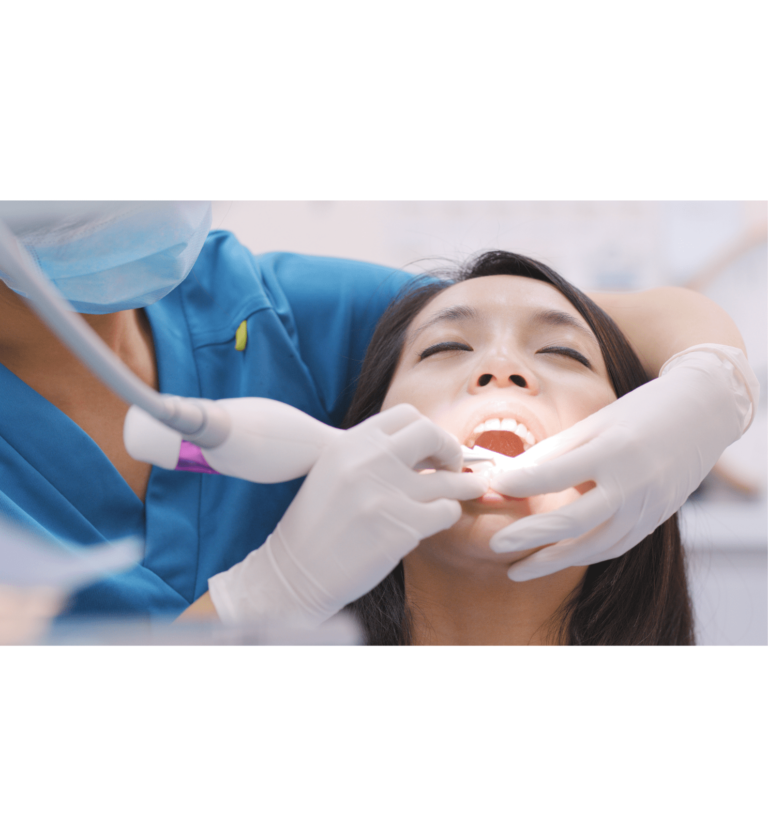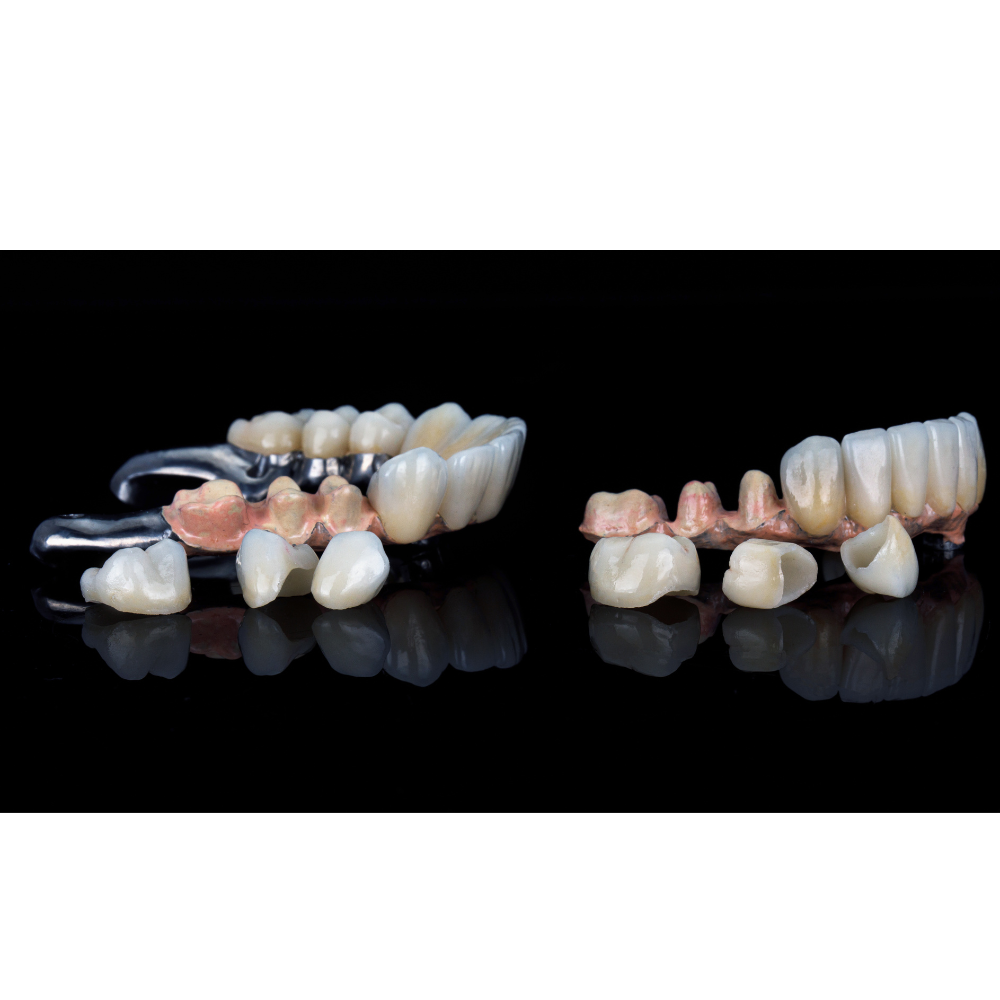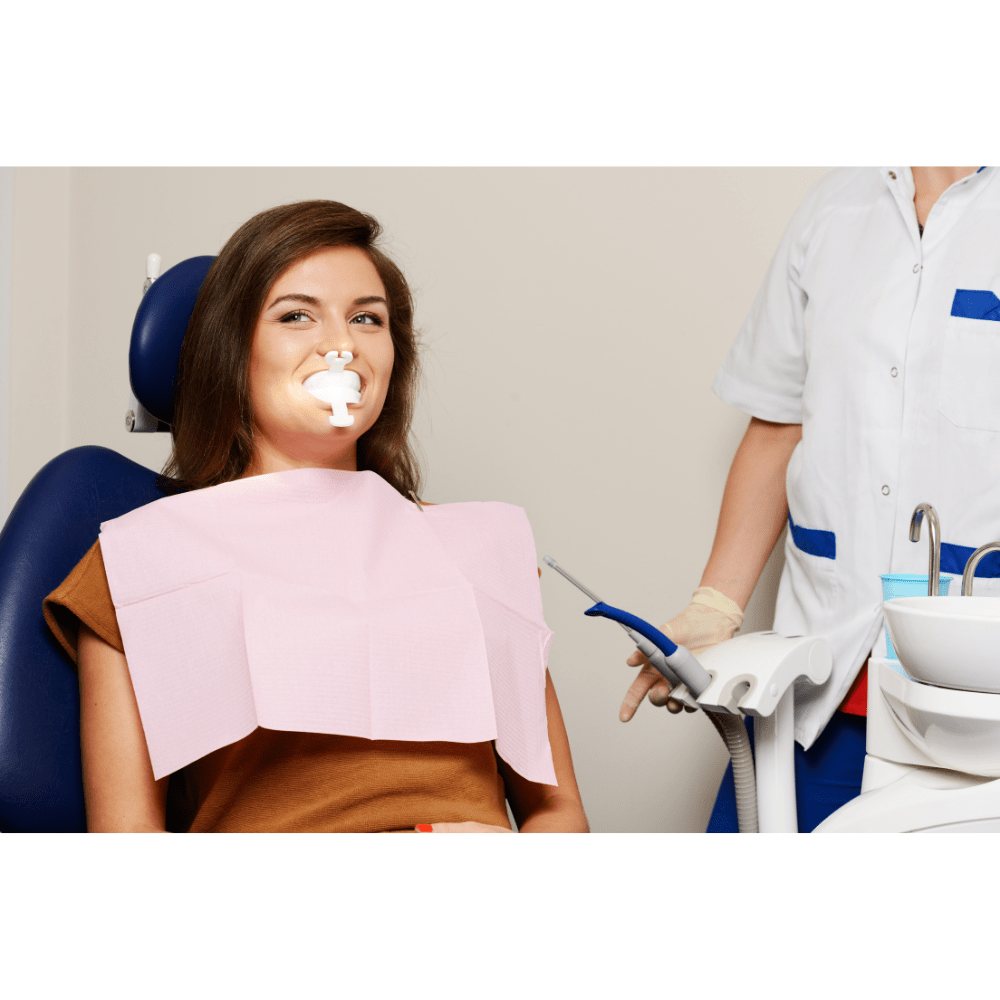Ultrasonic Tooth Cleaning | Pros, Cons, and All
Many people in the U.S. are now choosing ultrasonic tooth cleaning due to its efficiency and thoroughness. Unlike traditional cleaning methods, ultrasonic dentistry uses advanced technology to enhance the dental cleaning experience. This procedure is praised for being quicker and less invasive which makes it a preferred choice for those looking to maintain optimal oral health.
Knowing the pros and cons of ultrasonic dental cleaning is very important before deciding if it’s right for you. While it offers numerous benefits, it also has some drawbacks that need to be considered.
Is Ultrasonic Dental Cleaning Safe?
Yes, ultrasonic cleaning is a very safe procedure. The vibrations target tartar without damaging the tooth enamel and the water spray helps flush away debris. It’s often considered a gentler alternative to traditional scraping methods.
What is Ultrasonic Tooth Cleaning
Ultrasonic tooth cleaning is a professional teeth-cleaning technique that removes plaque, tartar, and bacteria from the teeth and gums. It involves the use of an ultrasonic scaler which emits high-frequency sound waves. These sound waves create vibrations that effectively break down and dislodge stubborn deposits on the teeth and along the gumline.
How Do Ultrasonic Scalers Work
Ultrasonic scalers ensure a thorough cleaning, reaching areas that might be difficult to clean with manual tools. The following is how it works in ultrasonic dentistry:
- The scaler converts electricity into high-frequency sound waves that travel through a thin metal tip.
- These rapid vibrations create tiny bubbles in the water stream directed at your teeth.
- As the bubbles collapse, they generate a powerful micro-scrubbing effect that dislodges plaque and tartar from the tooth surface.
- Unlike traditional scraping tools, the vibrations target buildup without harming the tooth enamel.

Pros and Cons Of Ultrasonic Scaling
Pros:
- Quickly removes plaque, tartar, and bacteria.
- Less discomfort compared to manual scraping.
- Reaches areas that manual tools might miss.
- Kills bacteria through vibrations and water flow.
- Faster than traditional methods.
Cons:
- Ultrasonic scaling of teeth may cause temporary tooth sensitivity.
- It can lead to minor gum irritation or bleeding.
- Some patients might find the noise and vibration uncomfortable.
- It may not be suitable for those with certain dental conditions or very sensitive teeth.
- The continuous water spray might be uncomfortable for some patients.
Difference Between Ultrasonic Tooth Cleaning and Manual Scaling
| Ultrasonic Tooth Cleaning | Manual Scaling |
| Ultrasonic dentistry is generally faster and more thorough | Slower and requires more time for thorough cleaning as compared to ultrasonic dental cleaning |
| More comfortable, less pressure | Can be uncomfortable due to scraping and pressure |
| Disrupts and kills bacteria with vibrations and water | Removes bacteria mechanically |
| Produces noise and vibration, which some may find uncomfortable | No noise or vibration |
| ultrasonic tooth cleaning involves continuous water spray to cool the tip and flush debris | No water spray involved |
What is Water Dental Cleaning
Water dental cleaning is a dental hygiene technique that uses a stream of pressurized water to clean between teeth and along the gumline. It is also known as hydro teeth cleaning and water flossing. This method involves a device called a water flosser or oral irrigator, which directs a jet of water into the mouth to remove plaque, food particles, and bacteria.
Water dental cleaning is gentle on the gums and can be particularly beneficial for people with sensitive gums or braces. It is an effective way to maintain oral hygiene daily which complements brushing and flossing.

FAQs
Do Dentists Recommend Ultrasonic Tooth Cleaners?
Yes, dentists do recommend ultrasonic tooth cleaners. Ultrasonic dentists favor this technique because it is efficient, effective, and generally more comfortable for patients compared to traditional manual scaling.
What If I Do High-Pressure Water Teeth Cleaning?
The high-pressure water teeth cleaning can effectively remove plaque and food particles between teeth and along the gumline. However, if the pressure is too high, it can cause gum irritation or damage. It’s important to use a water flosser at the recommended pressure settings to ensure safe and effective cleaning without harming your gums or teeth.
Which Teeth Cleaning Method is Best?
For a thorough professional cleaning, ultrasonic tooth cleaning is highly effective and the best option. For daily maintenance, brushing combined with flossing or water flossing works best.
Is Ultrasonic Teeth Cleaning Safe at Home?
No, ultrasonic teeth cleaning at home is not recommended without proper training and supervision. While ultrasonic devices are safe when used by dental professionals, trying ultrasonic dentistry at home without guidance can lead to injury, such as gum damage or enamel erosion.
Is Ultrasonic Dental Cleaning Painful?
Ultrasonic dental cleaning is not painful. Some individuals can experience minor discomfort or sensitivity during the procedure, particularly if there is a significant buildup of plaque or tartar.



